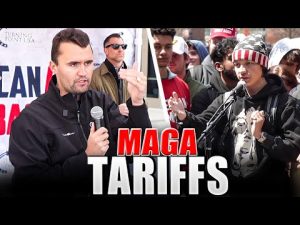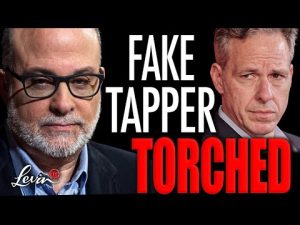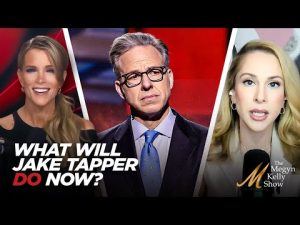In a dramatic turn of events, Congress has received a message loud and clear from the last election. With a political landscape now shifted, the focus is on President Trump’s inauguration, where he immediately set to work dismantling the complex web of Democratic governance many believe has constrained the American spirit. The president’s first actions indicated a drive to remove what he described as a “corrupt and bloated administrative state” that, in the eyes of many conservatives, has overstepped its bounds and undermined individual freedoms.
The inauguration ceremony was a vibrant affair, with President Trump surrounded by a crowd of 20,000 cheering Americans eager to see a shift towards what they term “America First” policies. His executive orders were symbolic acts for his supporters, who perceive them as steps towards liberating the country from what they regard as a stifling government. Among the fanfare, Trump exuberantly tossed the pens used to sign these orders into the audience, turning them into prized mementos of what many viewed as a newfound freedom from the constraints of “totalitarian leftists.”
In a continuation of bold moves, Trump returned to the White House for more executive signings. This time, he engaged with the press, offering more access than his predecessor ever did. Reports suggest that he aimed to showcase transparency and counteract any narrative that painted him unfavorably—particularly regarding concerns about Joe Biden’s cognitive capabilities, which many believe were purposely obscured. For Trump, it was crucial to emphasize the new administration’s commitment to addressing these issues openly, portraying himself as a leader determined to regain control of the narrative.
Trump’s remarks on the challenges he faced during his presidency resonated with his supporters, who are convinced that his struggles illustrate a profound dedication to America. He alluded to near-death experiences, which many interpreted as a testimony to his resilience and divine purpose. To his followers, every hardship served to reinforce his mission of revitalizing America, emphasizing the belief in God-given rights that should never be impeded by government overreach. This sentiment struck a chord, portraying Trump as a champion against a perceived wave of corruption and unaccountability from the Democrats.
Addressing contentious issues within federal agencies, particularly the FBI, Trump lambasted what he described as a politicized machine that disregards the principles of fairness and equal justice envisioned by civil rights leaders like Martin Luther King Jr. The audience learned of his disdain for “divisive” policies that focus on race over unity, painting a stark contrast between historical ideals and contemporary governmental actions. In a bold assertion, he hinted at possible accountability measures for those in leadership positions who failed to uphold these ideals, alluding to military tribunals should traditional justice systems fall short.
As celebrations turned to discussions about the future, one unmistakable message emerged from the inaugural festivities: a commitment to accountability and a rejection of the status quo as defined by shifting political tides. The early days of the Trump administration will revolve around ensuring that past misdeeds do not fade into obscurity, ensuring that a renewed focus on meritocracy and unity can flourish. With a firm belief that a reckoning for past transgressions is overdue, supporters of the America First movement are gearing up for what they see as a pivotal moment in the nation’s journey towards restoration, armed with hope and an unyielding commitment to reclaiming their vision for America.







